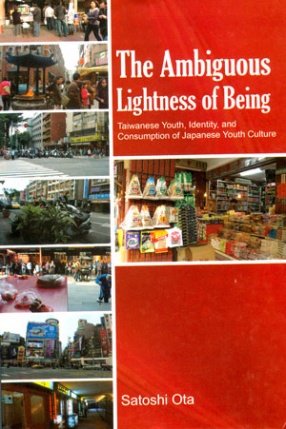This book is about Taiwanese young peoples identity as viewed through the lens of their consumption of Japanese products. The rapid economic growth is Taiwan since the 1970s has led to the development of a consumerist society. One of the characteristics of Taiwans consuming society is that the differences between people who have a high income and those who have a low income are not outwardly obvious and people have less class consciousness than they do in the UK. This book focuses on young people of the ethnic majority, the Han. These young people of modern Taiwan have lifestyles that are less influenced by class and ethnic identities than the generations that went before. My book acknowledges this, but discusses the issue from another point of view: it focuses on investigating which young people consume what kinds of products, and investigates how different groups have been formed and the power relations between these groups.
Japanese youth culture has been imported into Taiwan since the 1980s and has been influencing Taiwanese youth culture ever since. However, this influence has been far from lineal; the meaning of Japanese youth culture in Taiwan has been changing since the 1980s, and this prospective has also been affected by changes within Japanese youth culture itself. The thesis focuses on the changes in Taiwanese youth culture from the 1980s while cross referencing the changes within Japanese youth culture of the same period.
Taiwan holds an ambiguous position in international politics. Some groups of young people do not care much about Taiwans political position; arguing that they can maintain their present economic standard. However, other groups of young people are frustrated by their ambiguous national identity. The thesis also critically investigates how economic position affects young peoples identities.





There are no reviews yet.